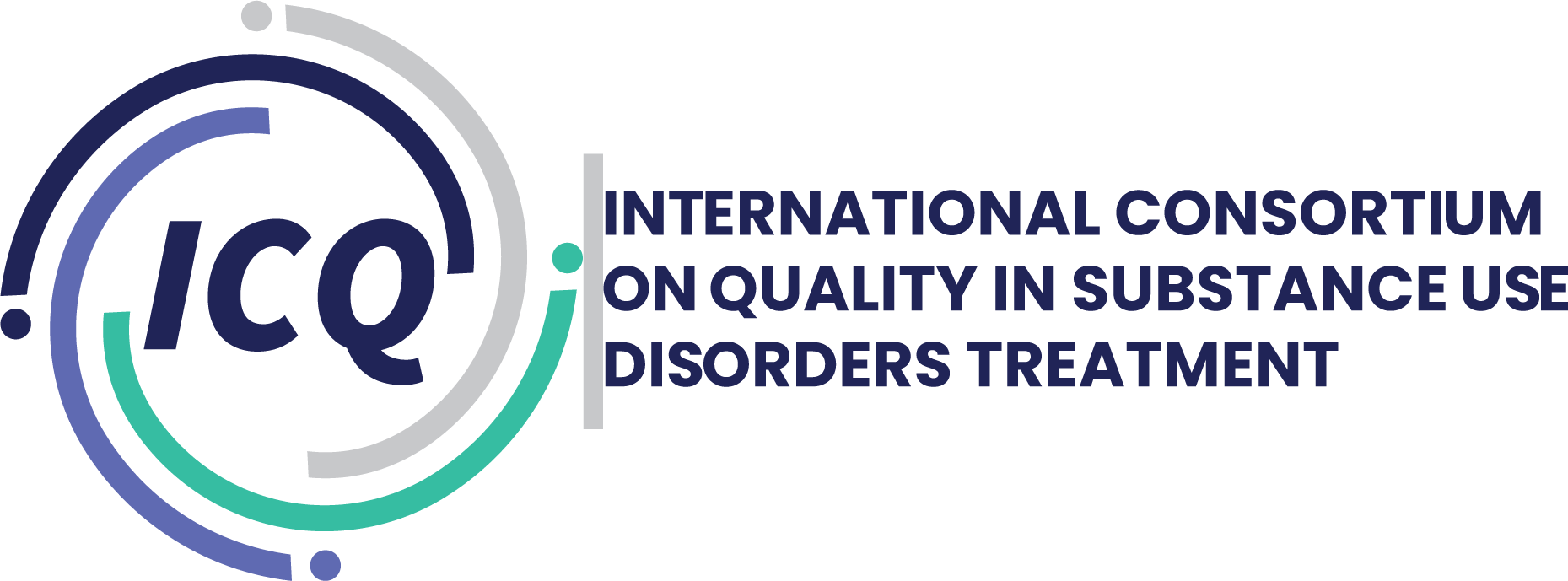Changing public perceptions of alcohol, alcohol harms and alcohol policies: A multi-methods study to develop novel framing approaches
Background and Aims
Public views on alcohol, its harms, and related policies can influence behaviour and support for policies. This research aimed to (i) summarise evidence on public understanding of alcohol, (ii) compare public views with expert opinions, and (iii) develop new ways to improve public understanding and support for alcohol policies in the UK.
Methods
The study used a mix of methods:
- A literature review to explore previous evidence on framing and alcohol policy.
- Focus groups (20 participants) to compare public views on alcohol harms with those of public health experts.
- Workshops and consultations to develop 12 new framing approaches.
Results
No previous studies tested framing approaches for alcohol policy. A review of 35 studies showed that framing alcohol harms in diverse ways may be more effective than focusing only on dependence or crisis. In focus groups, people linked alcohol to pleasure and socializing, seeing harms mainly as severe individual problems, and favored treatment-focused policies. Experts recognized a wider range of harms, including social and commercial factors. This comparison led to six key tasks for developing new framing approaches. Twelve new framing ideas were created, including five based on values, three using metaphors, and four with explanatory approaches.
Conclusions
Public and expert views on alcohol harms and solutions differ in the UK. These differences, along with previous evidence, can help develop new framing approaches to improve public understanding of alcohol-related issues.
